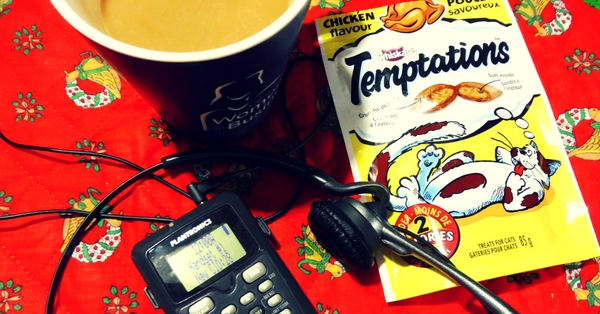Protect Your Copyright in Your Creations
(guest post by Corinne Boudreau)
The reason you as a business owner or leader should care about copyright is that it protects your intellectual assets, which are an important piece of growing and scaling your business. Think licensing, franchising and creating an online brand.
The points below summarize the main things to understand on copyright:
- What is copyright? - Copyright is the legal ownership and right to copy and reproduce "works" as these are defined in the Copyright Act, a Canada wide piece of legislation. Works include literary, dramatic, musical, artistic and products of digital technology. Literary works include books but also websites, blog posts, presentations and proposals.
- Fixed and Original - The creation must be in a fixed, tangible format to be protected (not an idea), and must be original and not copied.
- Timeframe - A work is protected on its creation in a fixed, tangible format and lasts for the life of the author plus 50 years. After that period, the work goes into the public domain and can be used or copied by anyone.
- Registration - You can register your copyright in your work (and this is evidence of creation and ownership), but it is not required. You can use the (c) symbol without registering and should do so to provide a reminder to others that you own the work. The copyright notice should include the symbol, the legal business name, and the year of first publication - i.e. (c) Legal Essentials Inc. 2018.
- Employees versus Contractors - If an employee of a business creates a work in the course of their employment, the default rule is that copyright ownership belongs to the employer. If you hire a contractor, the default rule is that the contractor owns the work created. The ownership rights can be overridden by contract provisions which are particularly important if you hire a contractor to create a work for your business, like a website, logo or photos.
- Permission - If someone uses your copyright protected work without your permission, this is copyright infringement. There are some exceptions for fair use for research, education, parody and news, but if you are relying on one of these exceptions, you need to know the rules to follow.
- Notices - If you find someone who is using your work without permission, you should start enforcing your rights by sending them a notice and telling them to stop. There can be additional enforcement, including fines and penalties, if this does not work.
- CIPO Resources - There is a federal agency, the Canadian Intellectual Property Office (CIPO) which has lots of helpful resources about copyright, as well as other IP assets, such as trade-marks, patents and trade secrets. You can find their website here.
Click to Tweet this Article











Comments
Post a Comment